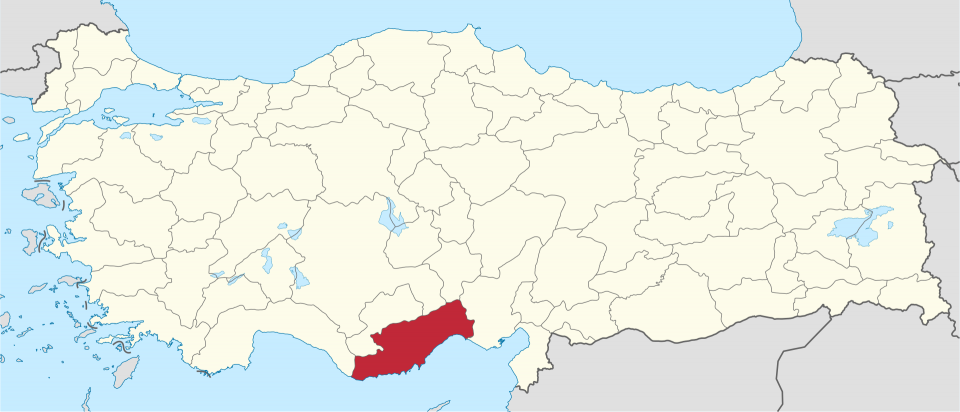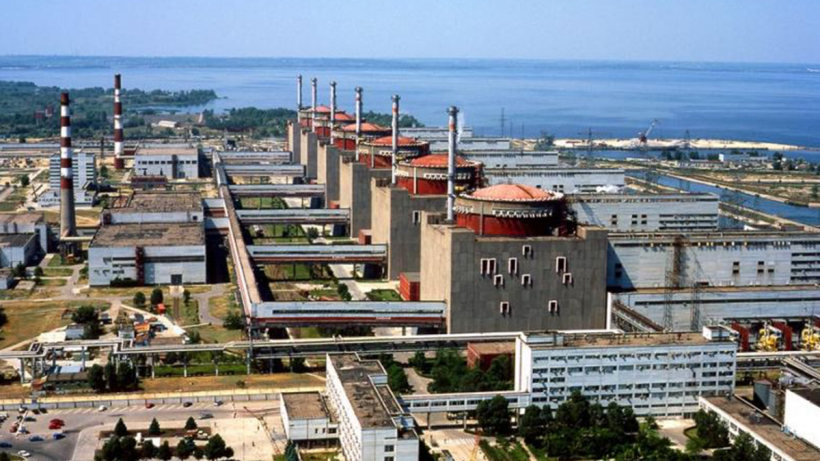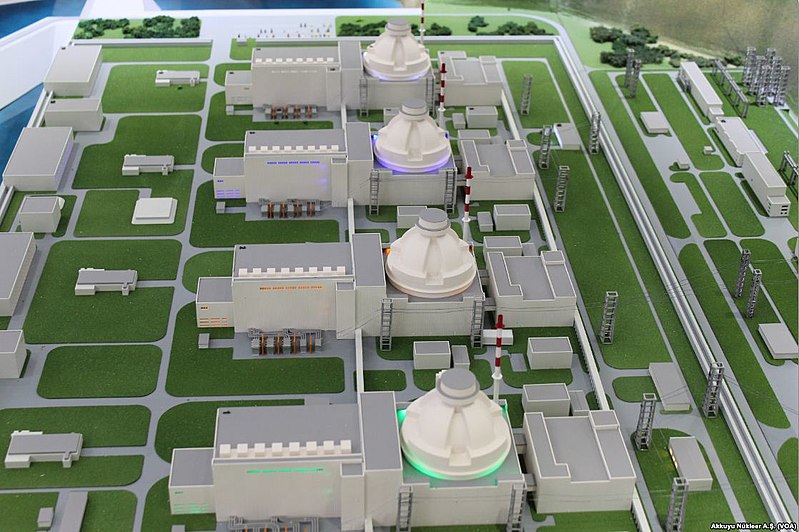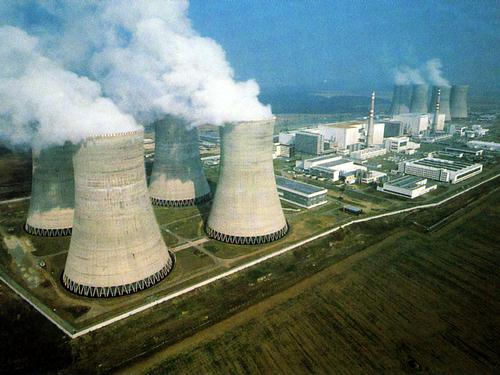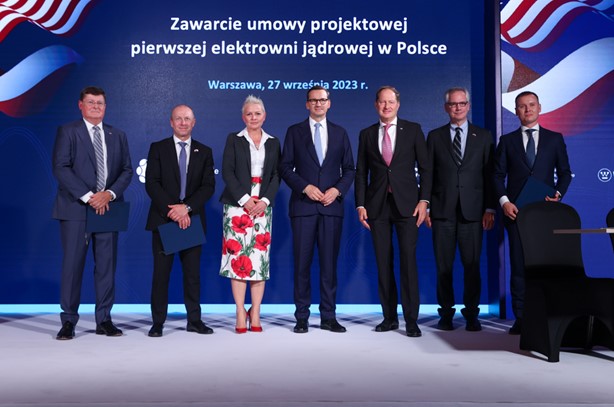Russia retires reactor at Leningrad plant
The Leningrad nuclear power plant’s Unit I-2, a 925-MWe RBMK-1000 light-water–cooled graphite-moderated reactor, was permanently shut down on November 10, according to Rosatom, Russia’s state atomic energy corporation. The shutdown occurred at 12:30 a.m. Moscow time.
The unit was the oldest operating reactor at the plant, having achieved initial criticality in May 1975 and entered commercial operation in February 1976. Two additional RBMK-1000s remain in operation at Leningrad—Units I-3 and I-4, both of which have been in operation for about 40 years.
The retired reactor is to be replaced by Unit II-2, one of two 1,085-MWe Generation III+ VVER-1200 pressurized water reactors at the Leningrad site. The new unit was connected to the Russian grid in October, and on November 6 it received regulatory approval to begin pilot operation. (Leningrad’s other VVER-1200, Unit II-1, started commercial operation in 2018.) Following the trial operation, Unit II-2 will be shut down for an additional equipment inspection by a state commission before being put into commercial operation early next year, according to Rosenergoatom, Rosatom’s electric power division.



